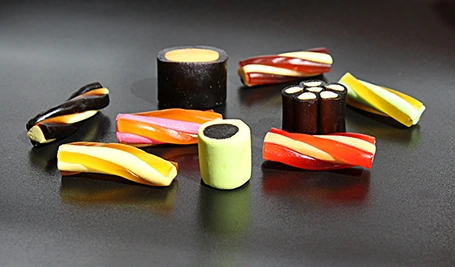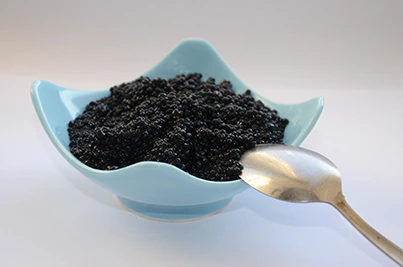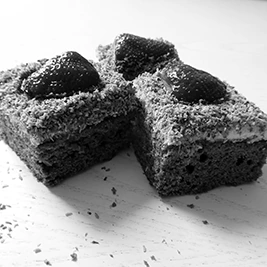| Additive Summary | Black PN (E151) |
|---|---|
| Essence | Black PN or E151 is a synthetic azo dye (artificial color) used for black color. |
| Names | Black PN, E151, Brilliant Black BN, Food Black 1, Brilliant Black PN, Naphthol Black, Brilliant Black A, CI Food Black 1, CI 28440, CAS 2519-30-4, Black-1, and others. |
| Sourcing | It’s fully synthetically made. It’s prepared a derivative of coal tar or petroleum byproducts. More is unknown. |
| Manufacturing | Unknown. |
| Application | Coloring (black, very water-soluble). |
| Acceptable Daily Intake | Black PN (E151) has been banned in Finland, Canada, France, Belgium, Switzerland, USA, Japan, Austria, Germany, Denmark, Norway. Still, in many other countries, it is allowed. While supposedly it doesn’t affect people in a bad way when up to 5 milligrams on every kilogram of body weight, the number is void of reality. Truth is we should not consume it respectively of the amount. |
| Side Effects | There are many dangers associated with its use. It has been linked to cancer, powerful allergies, intensified asthma, hyperactivity (ADHD), brain damage (neurotoxin), digestive problems and hazards, hyperactivity, obsessive-compulsive disorder, irritability, and other ill effects. |
| Benefits | None. |
| Studies | 170+ studies on Pubmed. Less than 5 studies on safety. |
| Allergens | None. |
| Diet Restrictions | None. |
| Assessment (As An Additive) |
Seriously Harmful. | Category 5 Additive. |
| Products | Black PN (E151) is pretty non-existent with supplements. It’s never used as a beneficial ingredient. It can’t be found naturally in foods. It is used in processed foods like sweets, desserts, sauces, coatings, mustard, ice cream, soft drinks, various snacks, cake mixes, food decorations and coatings, fish paste, milk drinks, fruit jams, soups, fish paste, lumpfish caviar, and others. |



